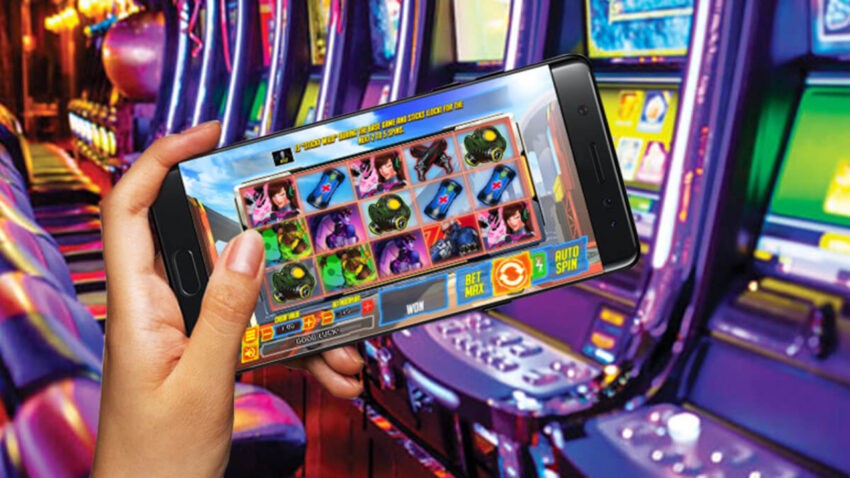In today’s interconnected world, online gaming has become a global phenomenon. It’s not just a pastime, but a thriving culture that brings people together, builds communities, and fosters competition. Whether you’re a casual gamer or a competitive player, online Gaspol 189 games offer a wide array of experiences that cater to every interest. From immersive multiplayer experiences to casual mobile games, online gaming has something for everyone. But how did it evolve into such a dominant force, and what makes it so captivating?
The Rise of Online Gaming
Online gaming dates back to the late 20th century, but it wasn’t until the 2000s that it truly exploded in popularity. The advent of broadband internet and advancements in gaming technology allowed for smoother, faster, and more interactive experiences. Games that previously relied on local multiplayer or solo play began to embrace the online realm, where players could compete and collaborate in real time from any corner of the globe.
Massively multiplayer online role-playing games (MMORPGs) like World of Warcraft and first-person shooters like Call of Duty paved the way for the vast online ecosystems we have today. These games attracted millions of players, each contributing to a shared world or engaging in intense competitive action. The expansion of gaming consoles like Xbox and PlayStation, along with the rise of high-speed internet, made online gaming more accessible than ever before.
Why Are Online Games So Addictive?
One of the primary reasons online games have gained such popularity is the inherent sense of progression and achievement. Many games offer leveling systems, unlockables, and rewards that keep players coming back for more. The social component also plays a big role. Players form lasting friendships, join teams or guilds, and engage in in-game communication, creating a strong sense of community.
The competitive nature of many online games also keeps players invested. Whether it’s fighting for the top spot in a Fortnite match, going head-to-head in League of Legends, or completing difficult missions in Apex Legends, the desire to improve and outdo others fosters a sense of excitement and challenge. The stakes feel higher when you’re competing with or against real people, and this element of unpredictability keeps things fresh.
Different Types of Online Games
Online gaming is diverse, offering something for every kind of player. Here are some popular genres:
1. Multiplayer Online Battle Arenas (MOBAs)
Games like League of Legends and Dota 2 have become cultural phenomena. Players team up in 5v5 battles, each controlling a unique character with specific abilities, with the ultimate goal of destroying the enemy’s base. MOBAs are strategic, fast-paced, and require excellent teamwork and communication.
2. Battle Royale Games
The rise of Fortnite, PUBG, and Apex Legends has brought the battle royale genre to the forefront of gaming. In these games, players are dropped into a large map and fight to be the last one standing. The shrinking play area forces players into tense, strategic encounters, making every match exciting and unpredictable.
3. Role-Playing Games (RPGs)
For those who love storytelling and deep character development, MMORPGs like World of Warcraft and Final Fantasy XIV provide rich worlds to explore with hundreds of other players. These games emphasize quests, character progression, and interaction with other players in a persistent world.
4. First-Person and Third-Person Shooters
From Call of Duty to Overwatch, shooter games offer high-stakes combat with a focus on skill and precision. Whether you’re sniping from a distance or engaging in close-quarter combat, online shooters are action-packed and demand quick reflexes and strategic thinking.
5. Casual Games
Mobile games such as Candy Crush and Clash Royale cater to a more casual audience, offering easy-to-learn mechanics and short play sessions. These games often have online leaderboards or multiplayer features, allowing players to compete against friends or strangers.
The Social Aspect of Online Gaming
In addition to the entertainment factor, online gaming has become a way to socialize. Many people use gaming as a way to connect with friends, family, or like-minded individuals. Online multiplayer games provide platforms where players can chat, strategize, and celebrate victories together. In fact, some studies show that many gamers form friendships and communities through these virtual worlds.
